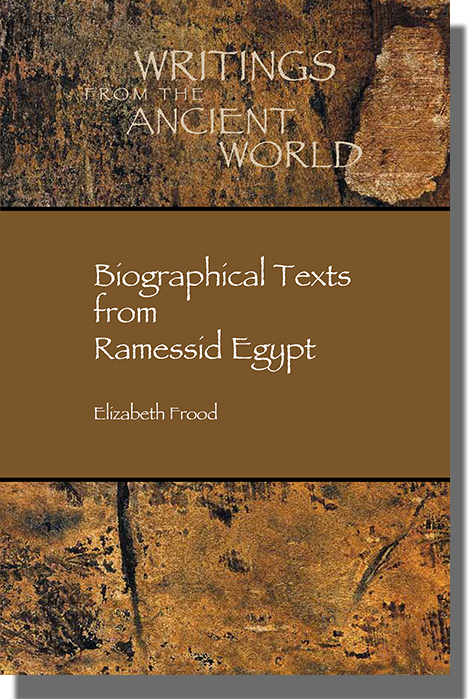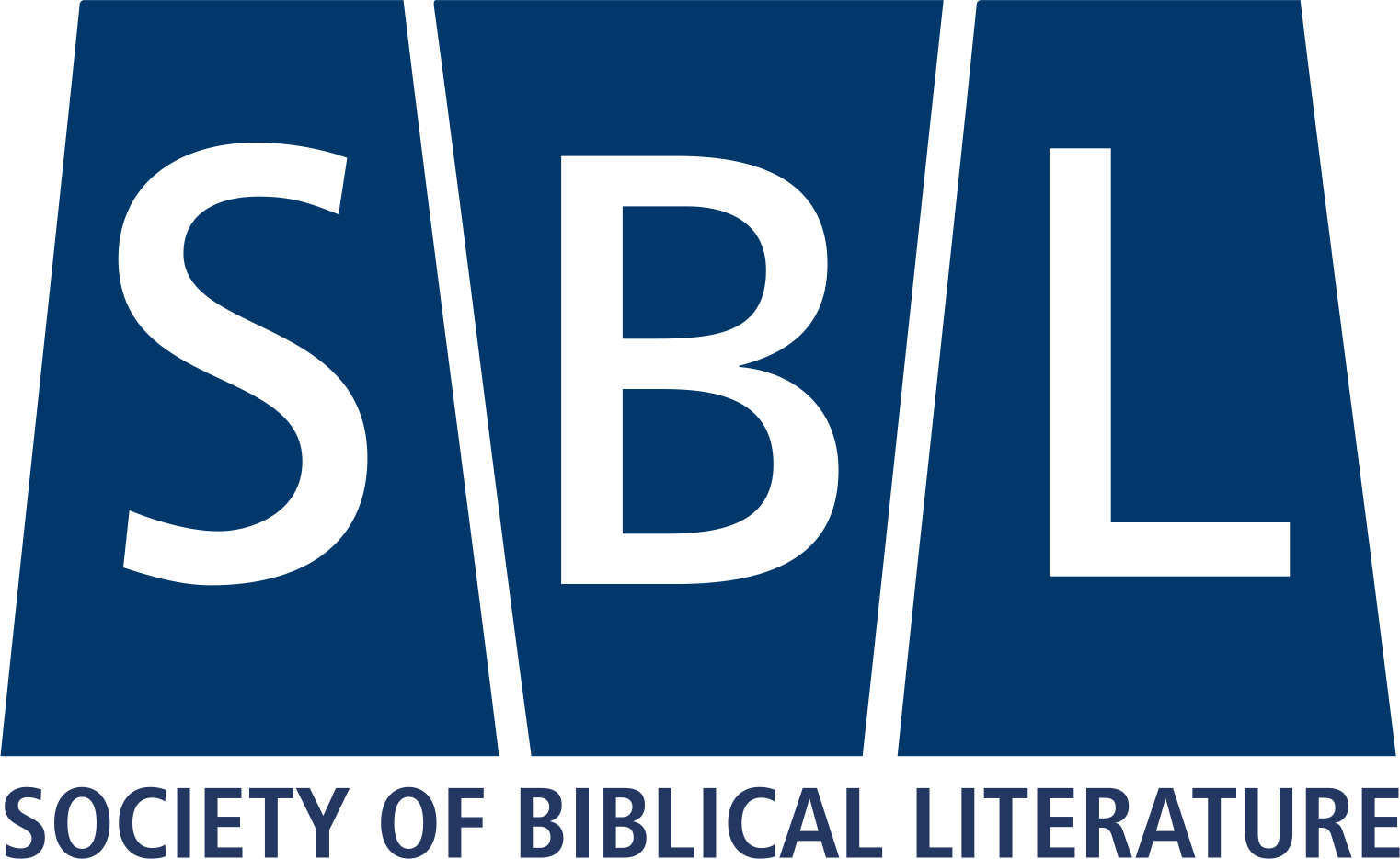
$27.00
The Ramessid period in Egypt (ca. 1290–1075 B.C.E.) corresponds to the Late Bronze Age, a time of great change both in Egypt and the Near East. This period of empire, dominated by the figure of Ramesses II, witnessed crucial developments in art, language, and religious display. Biographical Texts from Ramessid Egypt offers insights into these cultural transformations through the voices of forty-five priests, artists, civil officials, and military men who served under the kings of the Nineteenth and Twentieth Dynasties. Sixty-five biographical texts, which were inscribed in tombs, on statues and stelae in temples, and exceptionally on temple walls, give details of their careers and character. The metrically arranged translations are introduced by descriptions of the texts’ monumental contexts and, where possible, summaries of the careers of their owners. The volume provides an introduction to the historical background of the Ramessid period, drawing together key themes and interpretive issues raised by the texts and their contexts. These include the representation of relationships to deities and the king, the thematization of the priestly life, and implications of changes in the texts’ media, including new decorative programs of nonroyal tombs. This integration of text with context sheds light on the meaning of biographical writing in ancient Egypt as a whole.
Elizabeth Frood is University Lecturer in Egyptology at the Faculty of Oriental Studies and fellow of St Cross College, University of Oxford. She is co-author of Woodcutters, Potters and Doorkeepers: Service Personnel of the Deir el-Medina Workmen (Nederlands Instituut voor het Nabije Oosten).
“Despite its careful attention to detail and thoughtful scholarship, this collection is accessible to non-specialists, and its presentation is exemplary. Biblical scholars may find much food for thought in it, not only because the biographies reflect important understandings of the relationship between the individual, society and the gods, but also because the work offers useful insights into the discussion of literature and ideology within modern Egyptology.”
— S. D. Weeks, Journal for the Study of the Old Testament
